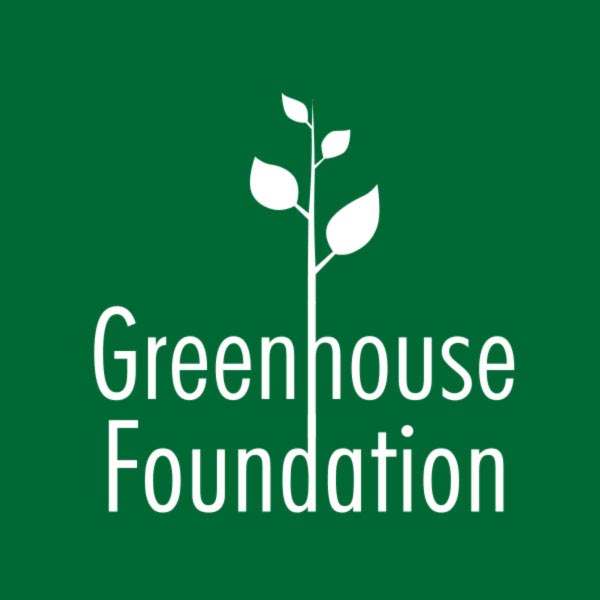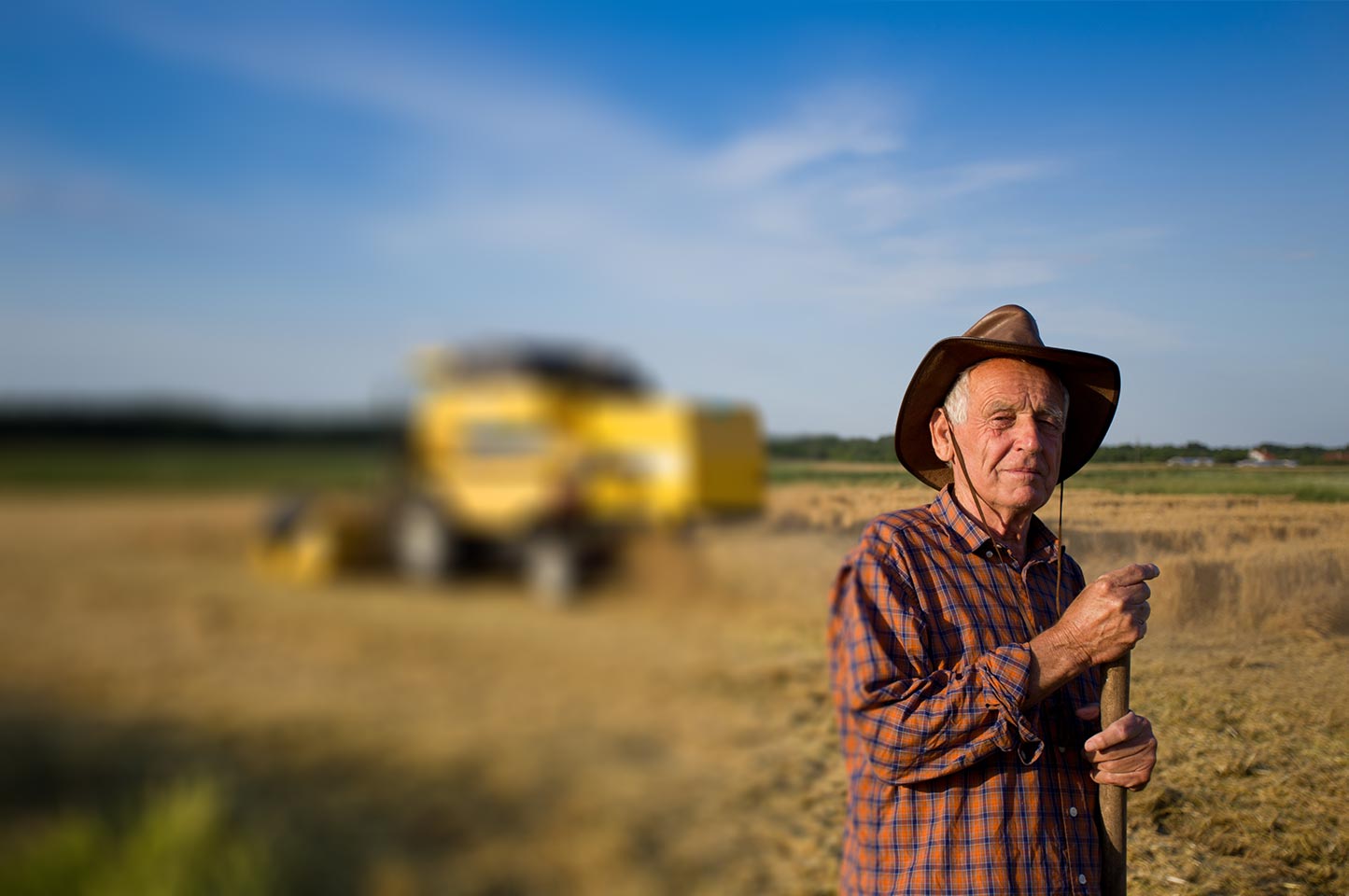The primary objective of The Greenhouse Foundation is to enable regional communities in the western Balkans achieve self-sustainability through initiatives that singularly or collectively contribute to a better quality of life. We find lasting solutions aimed at extending and developing individual capabilities and create positive, robust economic activity.
It is this Foundation’s passionately held belief that for any program to be effectively implemented, direct management is needed to make sure the intended social benefit is effectively and transparently delivered the right way, the first time.
In today’s world, we feel that trade must be more of a two-way street. The communities are so much more than just about taxable profits from which corporate and in turn shareholder value is created. There must be a developed culture of smart and effective ‘giving’ directly to the communities from which such value is derived. This will, in turn, enable corporates to build durable and lasting relationships with communities and their members.
This is also more than the well-trodden route of Corporate Social Responsibility (CSR) programs. In the west, the practical implementation of some CSR programs is passively outsourced to third party service organisations, enabling them to retain all the associated branded awareness/PR benefit without the operational overhead. In the Balkans, where its colourful history has left an indelible mark on general well-being and culture of the region, a more active or interventionist approach is needed to make sure much needed funding is properly and transparently applied from various corporate and individual donor programs.
Income inequality, high unemployment, inefficient allocation of resources in South East Europe make it clear that much more is required of individual donor and CSR programs in the form of integrated solutions rather than fragmented approaches that just pick up road-side litter, episodic event sponsoring or buying school books. The accelerating lack of opportunities to realise individual and collective potential, that is further compounded by the growing disparity between the haves and the have-nots, is creating an unbridgeable ‘disconnect’ amongst South East European citizens and the lack of their perceived stake in their local economies and communities. The Foundation believes that active intervention is now required to help redress this imbalance.
The donor challenges
The Greenhouse Foundation helps donors deliver individual donor and CSR projects and programmes in a way in which all parties can have confidence.
It is generally very difficult for donors to know, with absolute certainty, whether the good they’re funding in South Eastern Europe will be delivered in a transparent and timely way. This usually means that desired good is either rendered ineffective or allocated elsewhere to less challenging jurisdictions and/or programs.
The Foundation mitigates this problem through arms-length interventionist policies and structured project generation for donors that is, in turn, directly backed by Foundation controlled project management. This combination will enable donors to connect directly with people in regional communities to help them effectively define and unlock their individual and collective potential. The aim is to consciously promote and nurture transformational change that returns to individuals a pride of place in their own communities.
The Foundation formula
The Greenhouse Foundation, in partnership with the local municipalities, takes a holistic view of a community’s needs to understand essential and non-essential service delivery gaps as well as its comparative advantages. The first identifies the key challenges being faced by the community, the impact of these challenges on the quality of life, and latter focusses on possible projects that can be built to generate sustainability and increase employment.
Sustainability = Education + Enterprise + Environment
It is our strongest belief that these elements must collectively function in unison if a community is to become self-sustained. In other words, replicable best practice and other practical skills that can be applied to enable productive economic activity. This combines to deliver social wellbeing and a healthy environment that makes a strong and viable basis for a sustainable community.
- Education is aimed at providing access to the west’s best practices and vocational skills that can be directly applied to the local community and Foundation projects with the maximum possible effect on sustainability.
- Enterprise - Community members equitably benefit from a strong and healthy community-centered economy. It looks at the local commercial landscape and comparative advantages in order to identify viable projects that can be developed for corporate donors to fund that creates local employment, taps into the local supply chain and, in turn, stimulates secondary consumption.
- Environment, whilst a direct beneficiary of Education and Enterprise, also requires some consideration in terms of identifying essential and non-essential services/initiatives that municipal budgets are unable to fund. These will be assessed in terms of the holistic contribution the service makes to the quality of community life.
A sustainable community’s success depends upon its members’ commitment and involvement. A wise man once said that if you give a hungry man a fish, you feed him for a day, but if you teach him how to fish, you feed him for a lifetime. Sustainability for the Foundation essentially means providing communities with the endurable economic means and skills to look after themselves.
How can we help each other?
If you liked our story and would like to engage and help us, we’d be delighted to hear from you. There a few questions to follow and all you have to do is to take a few minutes of your time. So, here it goes:
- Are you an individual or corporate with a particular idea for a program you would like to share with us?
- Are you a community member or university student interested in making a contribution to one of our programs?
- Do you have responsibility for a corporate CSR program, an independent foundation or want to make a donation to one of our programs?
- If you are a member of a municipal government or a regional development agency with a program you would like us to look at, please get in touch.
- Would you like to become a member of the Foundation management to run one of our programs?


